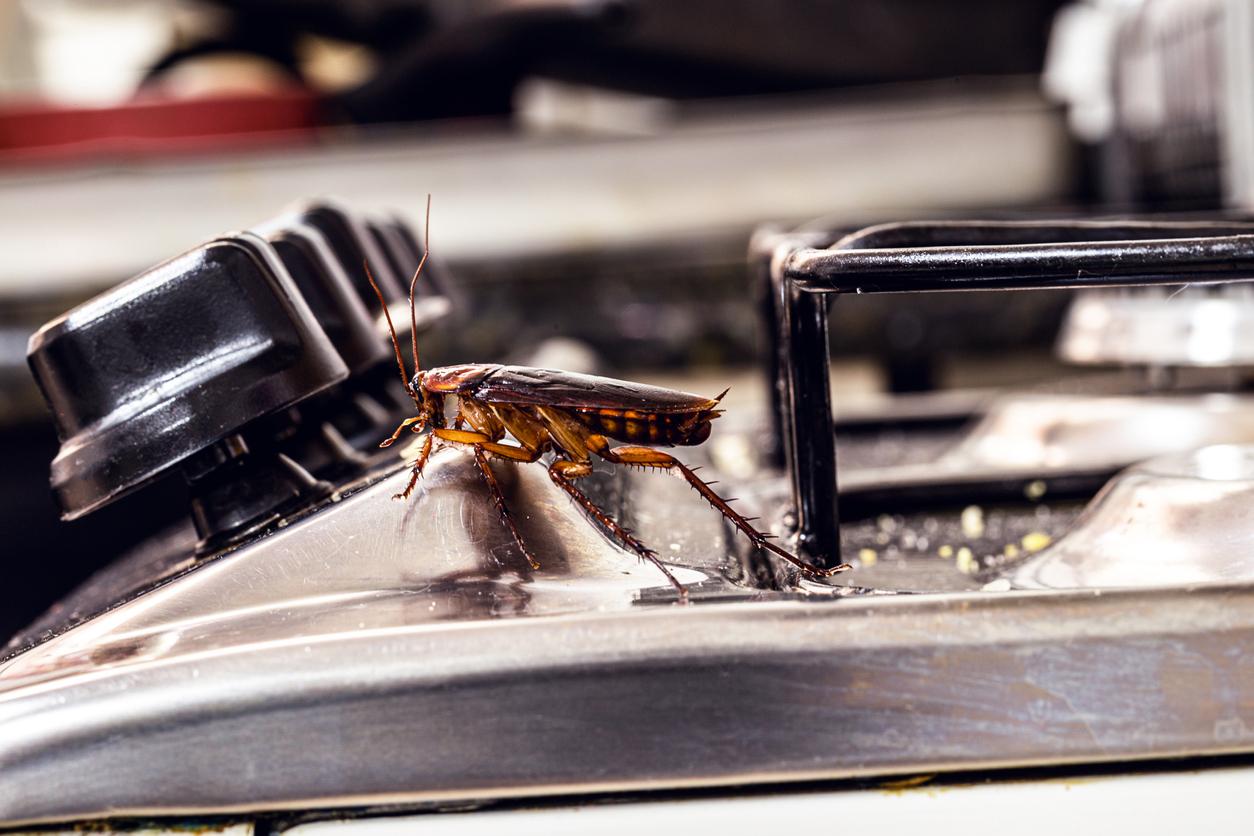Restaurant Pest Control Guide
Restaurants are a source of food, water and warmth, making them an ideal place for pests to shelter. Pest infestations are more than just an inconvenience; they can tarnish the reputation of a business and cause health violations. This can result in financial penalties, businesses being shut down or even criminal charges in cases of extreme negligence.
With this in mind, the team at Pest Defence has created this guide offering key advice and information on how to keep your restaurant pest-free.

Common restaurant pests
Cockroaches – It is a common misconception that only dirty restaurants will be subject to a cockroach infestation; this is simply untrue. Although unhygienic conditions no doubt help cockroaches to thrive, even the cleanest of restaurants can have cockroaches enter through small holes or gaps in the building or via food deliveries.
Rats and mice – As the old adage goes, ‘you’re never more than 6ft from a rat’, and sadly this is true for many food service businesses. Rodents pose a significant threat to any restaurant as they can carry a number of different diseases that can contaminate food. They also have been known to gnaw through cables, pipes and brickwork, causing costly damage to buildings.
Flies – There’s nothing worse than trying to enjoy a meal out, only to find yourself constantly swatting away flies. However, flies are more than just an irritant and can actually be incredibly dangerous; they act as carriers for numerous pathogens and diseases.
Signs of pests
It’s important to recognise the early signs of a pest infestation quickly, so you can take immediate action before it worsens. Failure to do so may breach food safety legislation. Some telltale signs of an infestation include:
- Droppings – Rodent excrement is easy to spot and acts as a warning sign. However, the droppings left behind by insects are much smaller and may take longer to identify.
- Foul odours – Bad smells can be one of the earliest pest indicators. Cockroaches in particular are known for their oily, unpleasant scent.
- Damage to equipment and property – Rats will gnaw on anything, so keep an eye out for any holes or teeth marks, especially in poorly lit areas.
- Tracks – Rodents tend to leave grease trails and marks behind wherever they go.
Tips for pest control

- Proper food storage – All food should be stored in airtight containers to prevent bacteria growth and reduce the temptation for pests. Additionally, food should be stored on a surface above ground level to make it harder for pests to access.
- Tidy waste areas – Bins are a hotspot for potential pests, therefore it is vital to have a dedicated and secure waste storage zone that is located far away from any dining areas.
- Inspection of deliveries – Pests can gain undetected access to buildings via produce deliveries. Upon receiving a delivery, you should carry out a thorough inspection of both the goods and the packaging for any sign of pests hiding.
- Daily cleaning routine – It goes without saying that a regular cleaning schedule is an easy way to dissuade pests. At the end of each day, all food preparation surfaces should be meticulously wiped down and any rubbish removed from indoor areas. Pests can make a meal out of just about anything, so ensure all crumbs and scraps of food waste are disposed of.
- Inspect hotspots regularly – Pests look for places where they can shelter undisturbed; that’s why some restaurant areas may be more prone to infestations than others. Some common spots include bins, floor drains, grease traps and dry goods storage. It’s important to be vigilant and monitor these areas carefully for any signs of pests.
- Consult a pest control firm – A reliable pest control firm is the simplest way to handle any infestation due to their specialist equipment and knowledge.
If you’ve noticed any signs of an infestation in your restaurant, it’s vital to act quickly. Pest Defence provides pest control services to a number of restaurants and commercial kitchens across London and Essex – including Chelmsford, Colchester and Brentwood. Our knowledgeable team offers an emergency callout service and can be on hand to resolve any issues at a moment’s notice, simply give us a call.


